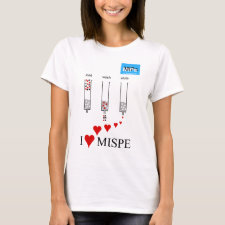
Authors: Zink S, Moura FA, Autreto PAdS, Galvao DS, Mizaikoff B
Article Title: Virtually imprinted polymers (VIPs): understanding molecularly templated materials via molecular dynamics simulations.
Publication date: 2018
Journal: Physical Chemistry Chemical Physics
Volume: 20
Issue: (19)
Page numbers: 13145-13152.
DOI: 10.1039/C7CP08284C
Abstract: Molecularly imprinted polymers are advanced recognition materials selectively rebinding a target molecule present during the synthesis of the polymer matrix. It is commonly understood that the templating process is based on embedding the complex formed between a template and functional monomers into a co-polymer matrix. This happens by a polymerization of the complex with a cross-linker while maintaining their spatial arrangement forming a molecular imprint. Template removal then leads to synthetic recognition sites ready to selectively rebind their targets, which are complementary in functionality, size and shape to the target. In this study, an innovative theoretical concept using fully atomistic molecular dynamics simulations for modeling molecular templating processes is introduced yielding virtually imprinted polymers (VIPs). VIPs created for the template 17-β-estradiol and applied in modeled chromatography experiments demonstrated selectivity for their template. This evidenced the creation of virtual imprints as a result of a templated synthesis protocol, which represents a theoretical confirmation of the governing imprinting theory
Template and target information: 17-β-estradiol, E2



Join the Society for Molecular Imprinting

New items RSS feed
Sign-up for e-mail updates:
Choose between receiving an occasional newsletter or more frequent e-mail alerts.
Click here to go to the sign-up page.
Is your name elemental or peptidic? Enter your name and find out by clicking either of the buttons below!
Other products you may like:
 MIPdatabase
MIPdatabase









